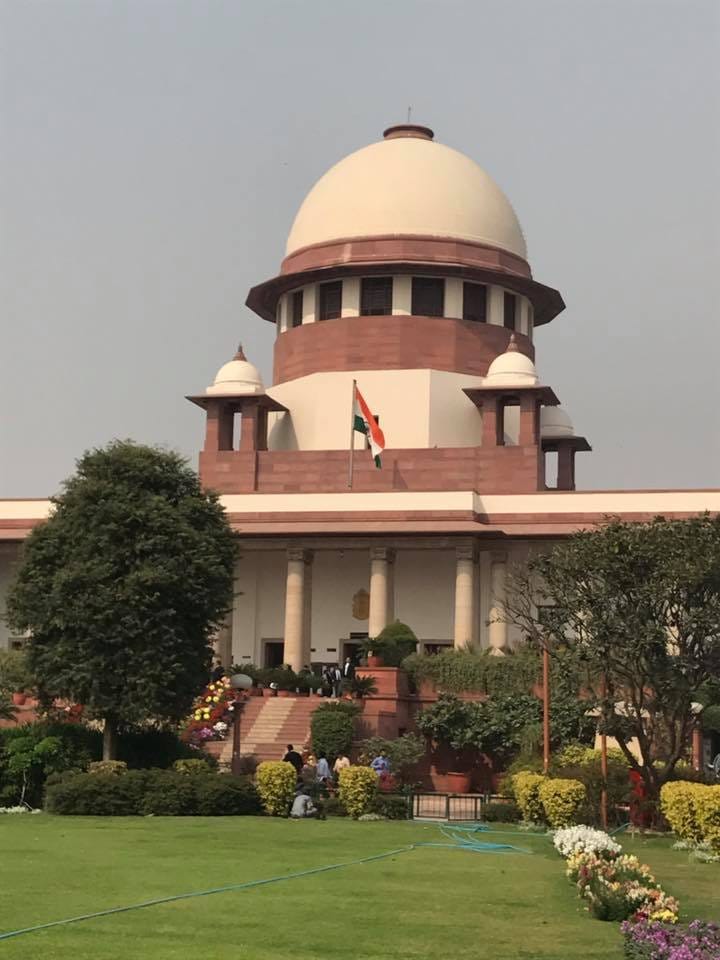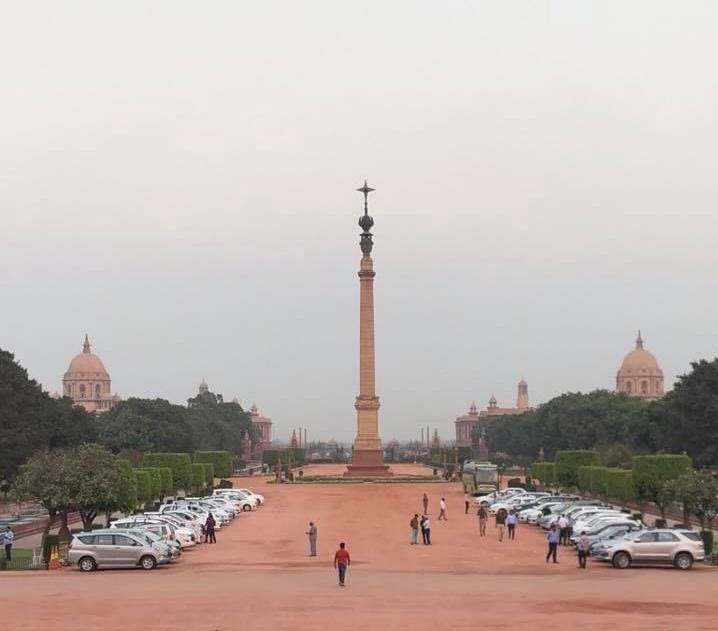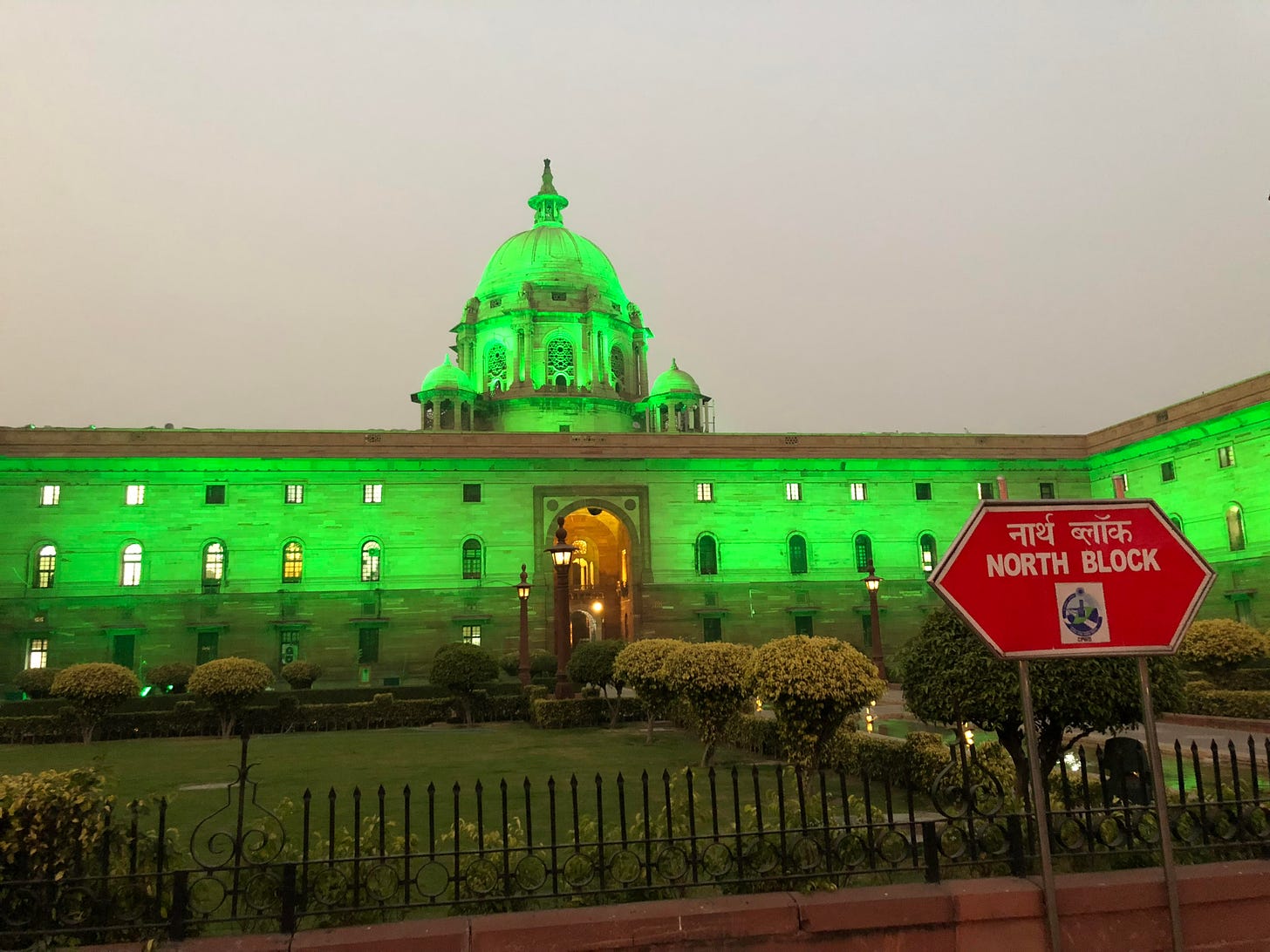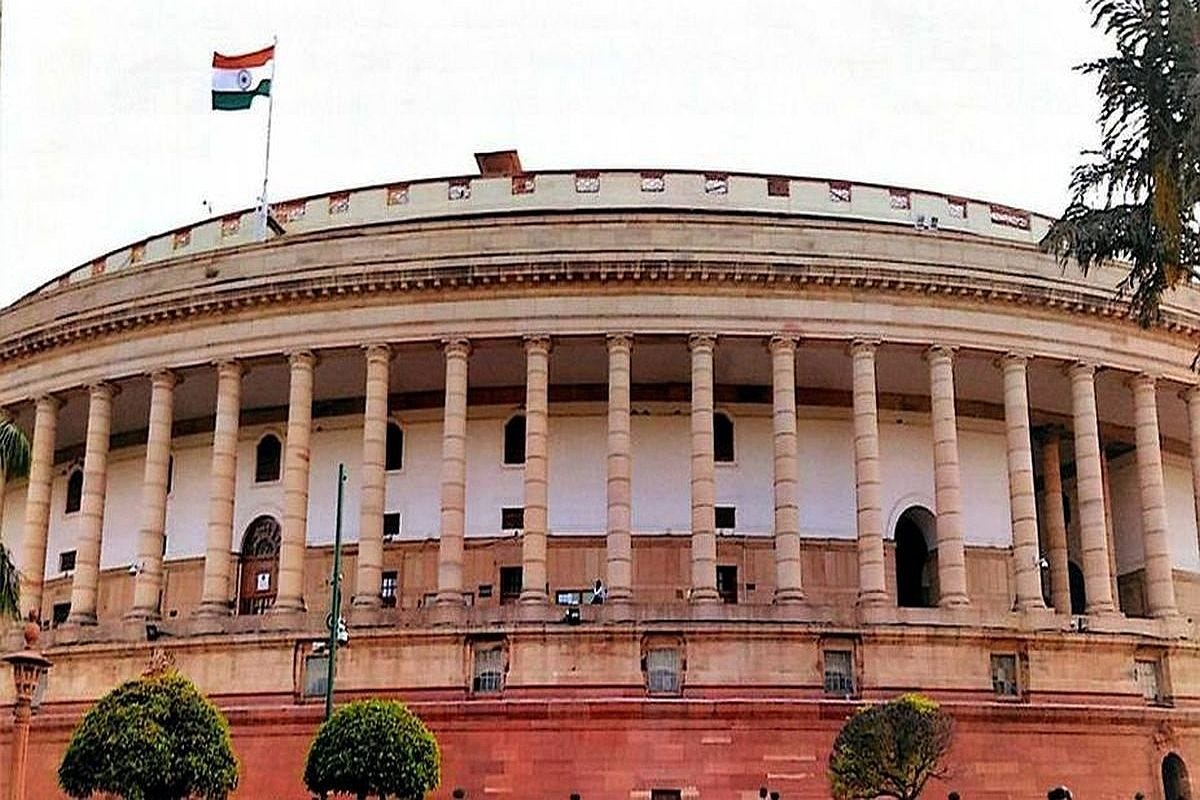7-Judge Supreme Court Bench on "Money Bills"— only Academic Interest Remains
The focus is clearly on the 5-Judge Constitutional Bench, headed by the CJI Justice DY Chandrachud, that begins hearing the "Electoral Bonds" Case. The matter will remain board from 30 October, 2023.
The Inception of the 7-Judge Bench on Money Bills
The 7-Judge Bench of the Supreme Court, headed by Chief Justice DY Chandrachud, began its preliminary hearings on 12th October 2023, to scrutinise and adjudicate upon the fundamental attributes that constitute a “Money Bill”. The Bench is also expected to hear a number of other important matters of constitutional importance.
The Debate on Case Priority: Rojer Mathew v. South Indian Bank Ltd
One case drawing particular attention is Rojer Mathew v. South Indian Bank Ltd, centred on the concept, nature and attributes of Money Bills. During discussions about the schedule of hearings, Chief Justice Chandrachud suggested that this case might be given priority. This led Solicitor General Tushar Mehta, representing the Union of India to submit that the Court's schedule should adhere to the chronological sequence of cases, rather than prioritising a specific case based on the political leanings of its petitioners. In this context, Senior Advocate Kapil Sibal, also a Member of the Rajya Sabha, is representing the one of the lead petitioners.
Laying the Groundwork for Upcoming Hearings
The Bench, comprising Justices Sanjay Kishan Kaul, Sanjiv Khanna, B R Gavai, Surya Kant, JB Pardiwala, and Manoj Misra alongside Chief Justice Chandrachud, is setting the procedural framework for future hearings. This includes cases designated for both 7-judge and 9-judge benches. The Chief Justice laid out specific guidelines, directing parties to submit all necessary documents, pleadings, and legal precedents within a three-week timeframe, to be followed by written submissions.
Understanding Money Bills Under Article 110
To provide context, Money Bills, as defined by Article 110 of the Indian Constitution, concern financial aspects such as taxation and public expenditure. Significantly, the Rajya Sabha lacks the authority to amend or reject such Bills. Controversies have previously erupted when the Government alleged to have circumvented the Rajya Sabha, where they then lacked a majority, by categorising specific legislation like the Aadhaar Bill as Money Bills. The Electoral Bond Scheme has also been questioned this ground, among other cogent arguments. Notably, the Constitution vests the Speaker of Lok Sabha with the power to decide whether a particular bill is “Money Bill” or not.
Revisiting the Aadhaar Case: Conflicting Views on Money Bills
In the Aadhaar case, the majority judgment delivered by Justice AK Sikri ruled that the Aadhaar Bill adequately fulfils the “Money Bill” criteria, employing the “pith and subspace” doctrine. The verdict contended that the primary provision of the Aadhaar Act is intrinsically tied to a “Money Bill” and that supplementary provisions fall within the scope of Article 110's clause (g). However, Justice Chandrachud offered a dissenting opinion, underscoring the word 'only' in Article 110(1). He asserted that traditional doctrines relevant to legislative entries are not applicable when determining whether a bill is a “Money Bill”.
The Implications of a Diverging Judgment
Should the current 7-Judge bench conclude that the Aadhaar Bill did not qualify as a Money Bill, the issue would necessitate referral to a 9-Judge bench. This step would be imperative to reconcile differing judgments from two separate 7-Judge benches, specifically those given in the Aadhaar and Rojer Mathew v. South Indian Bank Ltd cases.
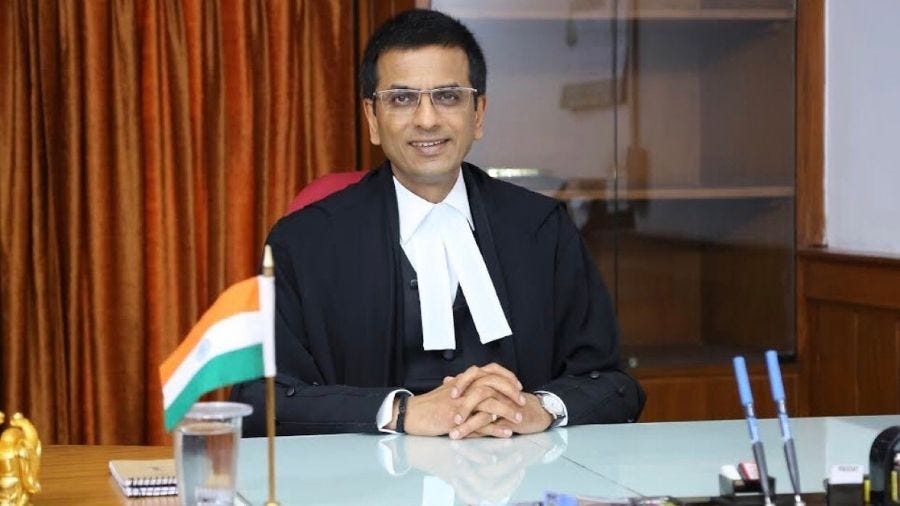
The Overhyped Importance of the 7-Judge Bench on Money Bills
In our view, the extensive media attention surrounding the proceedings of the 7-Judge Bench on “Money Bills” appears to be disproportionate to its likely impact. Below, we elucidate our reasons for this assessment:
Limitations of the 7-Judge Bench
The first reason to challenge the excessive media attention is the intrinsic limitation of the 7-Judge Bench in overruling the Aadhaar judgment. Should the Bench conclude that the Aadhaar case merits reconsideration, the matter would have to be escalated to a 9-Judge Bench. This process is time-consuming, and any speculation regarding the ultimate decision of the 9-Judge Bench would be premature.
Aadhaar's Entrenched Role in Society
Secondly, the omnipresent nature of Aadhaar in Indian society diminishes the potential impact of an overruling by a higher bench. Aadhaar is increasingly being mandated through legislation for a range of activities, from opening bank accounts to filing income tax returns. Eventually, Aadhaar is likely to become obligatory for electoral registration as well. Thus, even if the previous judgment on Aadhaar is overturned, it would have minimal practical impact on the average citizen.
Irrelevance to the Electoral Bonds Case
Thirdly, the "Electoral Bonds" case is slated to board from 30th October 2023 before a 5-Judge Constitutional Bench. The petitioners have already relinquished their argument that the legislation's introduction as a money bill invalidates it, focusing their legal challenge on various other grounds. Previously, the Chief Justice had declared that a 3-Judge Bench would commence hearings on the "Electoral Bonds" case starting from 31st October 2023. As a result, any rulings from the 7-Judge or 9-Judge Bench regarding the definition of "Money Bills" are unlikely to impact this separate case, which is under close scrutiny by political, legal, and academic circles.
Changed Political Dynamics in the Rajya Sabha
Last but not least, the political composition of the Rajya Sabha has undergone a shift. The ruling Bharatiya Janata Party, along with its allies, now holds a decisive majority, enabling smooth legislative functioning. This change was evident when the Rajya Sabha voted 131 to 102 in favour of the Government's Bill replacing the Delhi Services Ordinance.
The culmination of these factors substantiates the argument that the 7-Judge Bench's proceedings on Money Bills might not be as impactful as popularly perceived.
The Significance of Defining a Money Bill for India's Parliamentary Democracy
Indeed, a clear and authoritative definition of what constitutes a money bill will strengthen India's parliamentary democracy in the long term. The Indian parliamentary system has deliberately adopted a bicameral framework, requiring both houses—the Lok Sabha and the Rajya Sabha—to pass any law independently. Although the Constitution does provide for a joint session of Parliament in case of a deadlock, such occasions have been rare since the Constitution came into effect.
The Exceptional Nature of Money Bills
In contrast, the procedure for money bills serves as an exception to this general route. As per Article 110 of the Constitution, certain conditions or attributes must be met for a bill to qualify as a money bill. In these instances, the will of the Lok Sabha essentially prevails; the Rajya Sabha can merely refer back the bill with its recommendations and suggested amendments. If the Lok Sabha passes the bill in its original or modified form, it then becomes law. Typically, the Finance Bill, introduced right after the Finance Minister's Budget Speech, is classified as a money bill, and various amendments to taxation laws are enacted through it.
The Potential Abuse of Money Bill Provisions
In our view, while provisions related to taxation undeniably fall within the scope of a money bill, blending these with other general and miscellaneous provisions can undermine the very essence of what a money bill ought to be. Incorporating unrelated elements through this route appears to be a tactical manoeuvre designed to circumvent or even subvert the Constitution, particularly Article 110. Such practices cannot be allowed.
Where the Real Focus Should Be
Nevertheless, it is our belief that a definitive verdict on what constitutes a money bill will arrive in due time. For the moment, no critical decision is contingent upon the outcome of this larger debate, least of all the matter concerning electoral bonds. This issue will now be decided by a 5-Judge Constitutional Bench since the challengers have already given up on the money bill aspect of their case. In essence, the theatre of action would be the 5-Judge Bench, rather than the 7-Judge Bench, both of which are led by CJI DY Chandrachud. Stay tuned for 30th October for more updates, as hearing of the electoral bonds case begins1.




